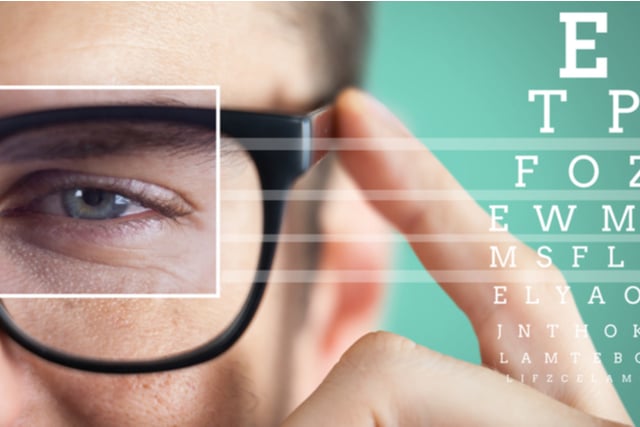According to the World Health Organization, blurred vision is one of the leading causes of visual impairment in adults. Blurry vision can be caused by a variety of factors, including age-related changes in your eyes, medical conditions like diabetes and cataracts, or even an eye injury. It’s important to understand the root cause of your blurry vision so you can seek out effective treatment options.
In this article, we’ll discuss why understanding the causes of blurry vision is essential, explore practical solutions and tips for managing it effectively, and discover ways that you can improve your vision.
The Root Causes of Blurry Vision
The most common cause of blurry vision is refractive error, which is when the eye’s shape prevents light from focusing on the retina. Other causes may include cataracts, glaucoma, or age-related macular degeneration (AMD). It’s important to identify the root cause of your blurred vision to accurately diagnose and treat it.
A comprehensive vision test can help determine the cause of your blurred vision. During a vision test, an optometrist will examine the front and back of your eye, measure your visual acuity (sharpness), check for any signs of disease or injury, and review your medical history. If you have any existing eye conditions, your optometrist may refer you to an ophthalmologist for further testing.
Practical Solutions and Tips for Managing Blurry Vision
Once the cause of your blurred vision has been identified, many practical solutions and tips can help manage it effectively. These include lifestyle changes, medications, and therapies:
- Lifestyle changes: Eating a healthy balanced diet full of fruits and vegetables, exercising regularly, and wearing sunglasses are all important measures to help reduce the risk of vision problems. Additionally, you should avoid smoking or drinking alcohol in excess as these can worsen sight problems.
- Medications: Your doctor may prescribe medications to treat the underlying cause of your vision problems. For example, certain medications can reduce the risk of developing cataracts or glaucoma.
- Therapies: Vision therapy is a form of treatment that helps to strengthen eye muscles and improve coordination between the eyes. If you have blurred vision due to eye strain, this type of therapy can help improve your vision over time.
Improving Your Vision
It’s important to remember that blurred vision is treatable and you can do things to help improve your vision. For example, taking regular breaks from screens, focusing on distant objects to relax the eyes, and keeping your glasses or contacts up-to-date are all great ways to help improve your vision.
Another way to improve your vision is by using the 20-20-20 rule: every 20 minutes, look at something at least 20 feet away for at least 20 seconds. This can help reduce eye strain and fatigue, as well as give your eyes a break from near work.
Finally, you should visit an optometrist regularly to get a comprehensive vision exam. Regular check-ups can help ensure that your eyes remain healthy and can detect any underlying eye problems early on.
How to Prevent Blurry Vision
Understanding the causes of blurry vision is an important step in preventing it. To help reduce your risk of developing blurred vision, you should:
- Eat a healthy diet full of fruits and vegetables.
- Exercise regularly and get plenty of rest.
- Wear sunglasses or protective eyewear when outdoors.
- Avoid smoking or drinking alcohol in excess.
- Take regular breaks from screens and focus on distant objects to relax the eyes.
- Keep your glasses or contacts up-to-date.
- Visit an optometrist for a comprehensive vision checkup every year.
Conclusion
Blurry vision can be a major obstacle in our lives, but by understanding its root causes and taking steps to improve your vision, you can help reduce the risk of developing it. Taking precautions such as eating a healthy diet, exercising regularly, and keeping up with regular vision exams can help keep your eyes healthy and restore clarity of sight.
By following these tips and making lifestyle changes, you can help prevent blurry vision and enjoy clear vision for years to come.



